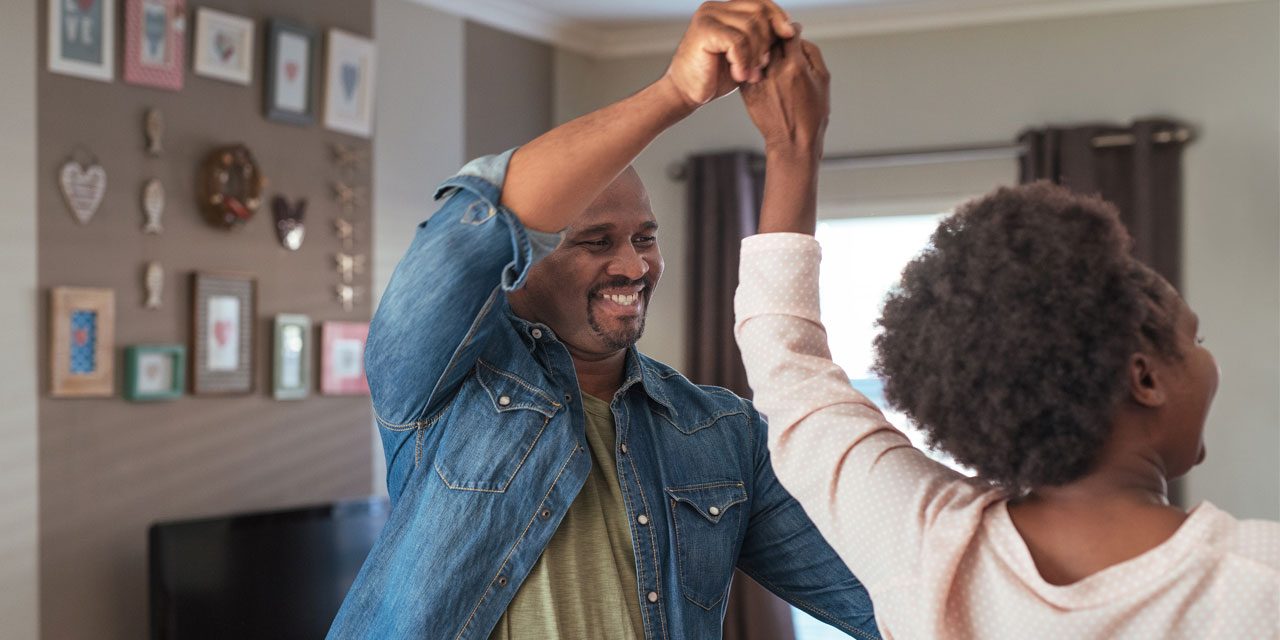
How long is a moment?
Anyone can be mindful; the secret is in engaging our mind and our senses in whatever we do. By Silvia Barro Stones
Nowadays we all try to do too much in one day; our lives are over the speed limit. We seem to have lost the sense of being ‘in the moment’ because the moment is always too short. We seem to have got in the habit of ‘stealing’ time; we deprive the moment from the necessary time to be fulfilled.
How can we change the ‘stealing’ of time? This is what I believe we need to understand: the moment is only as short as we make it. Therefore, the moment can be as long as we make it. That is where yoga teaching can come in, not just on the mat during the hourly session but also during our daily life. Asteya (non-stealing) is one of the five Yoga Yamas (five of the yoga ‘commandments’), which does not concentrate only on the material side but also on the more abstract side of life, like the non-stealing of time. Thus, yoga can be seen as the discipline of ‘being in the moment’.
When we join a traditional yoga class we learn to concentrate on our breath, we learn to take notice of how our body moves and how our movements are affected by our mind. So, one of the practices we learn is Pranayama, the awareness of our breath: we have all been breathing every single second since the day we were born but we have all done it unconsciously; it’s a mechanical movement we do to keep us alive.
However, we can bring our active mind to it; we can feel how much air we inhale and exhale, we can feel our abdomen and chest filling up with the oxygen that give us life. Every movement, every asana performed is executed using our breath consciously because this will help us achieve that balance needed in our mind to make our body do something at our best ability.
Our mind controls our actions; if our mind is in a rush, if it’s fuzzy then our actions will be chaotic and incomplete. We can’t pretend to fit an hour’s work in a 10-minute slot; if we do, it won’t be done properly. In yoga, it is fundamental to take the right time to perform a pose: we can’t reach a balanced Virksasana (Tree Pose) without fully immersing ourselves in the moment of performing it.
If we try to do it while we are thinking about what we can eat for dinner or what job we need to do once we are back home or at work, that pose will not be balanced, it will be shaky and not fully performed. The whole of us must be involved in the development of the movement or of the stillness required.
Taking this practice, this focus during our daily life will make us ‘be in the moment’. Obviously, it is difficult to be in such a state all throughout our waking hours, but we can all try to live in this way most of the time.
Consequently, if you are working, focus entirely on what the work requires, you will have a better finished job; if you are cooking, focus fully on the scents of the ingredients, on the tools you are using, you will have a deliciously tasting dish; if you are playing with your child, or having a chat with someone, fully engage yourself with that person, you may notice something that you have never noticed before or you will appreciate that moment better and have a better memory of it. Psychologist Ellen Langer claims that we never truly multitask. Instead, we switch from one action to another, which actually is more time consuming, resulting in reduced accuracy than completing each task before starting the next one.
A problem many of us express is that we have trouble in going to sleep. More often than not the trouble is specifically in the way we are going to sleep. Lots of us, in the moments before we go to bed, try to finish off something we haven’t yet manage to finish in the previous 16 hours of our waking time, creating a sense of turmoil in our mind. Sometimes there is that one thing that has to be done that can’t wait. Nevertheless, this mustn’t become a habit otherwise we lose that sense of daily achievement and we get a sense of chaos. So, we must take time to get ready to go to bed, do the simple rituals that we have and properly say goodnight to whoever is with us. Once we are actually laying down under the covers, we must not start planning anything about tomorrow, we must not think about what went wrong during the day — we must try to feel gratitude for anything that went well or that we had the chance to do and achieved on that day. We must be thankful for our day and let the sleep take over without thinking about it.
Hence, appreciate the moment. However long or short the moment needed to do something is, whatever it might be, if we do it fully, at our best capacity and appreciating it, that moment could become as long as a lifetime because everything we do can be turned into a memory — and a memory can last forever.
Silvia Barro Stones is the owner of Mindfulvita. Connect with her on Facebook @Mindfulvita





